The Little Boy Blues - In the Woodland of Weir (Remastered) (1968/2001)
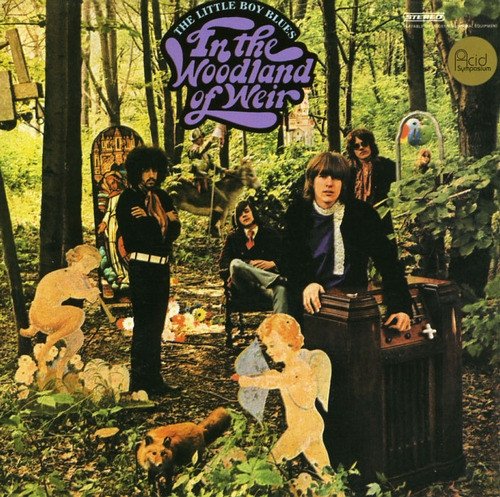
Artist: The Little Boy Blues
Title: In the Woodland of Weir
Year Of Release: 1968/2001
Label: Acid Symposium
Genre: Psychedelic Rock
Quality: Flac (image, .cue, log)
Total Time: 59:37
Total Size: 365 Mb (scans)
WebSite: Album Preview
Title: In the Woodland of Weir
Year Of Release: 1968/2001
Label: Acid Symposium
Genre: Psychedelic Rock
Quality: Flac (image, .cue, log)
Total Time: 59:37
Total Size: 365 Mb (scans)
WebSite: Album Preview
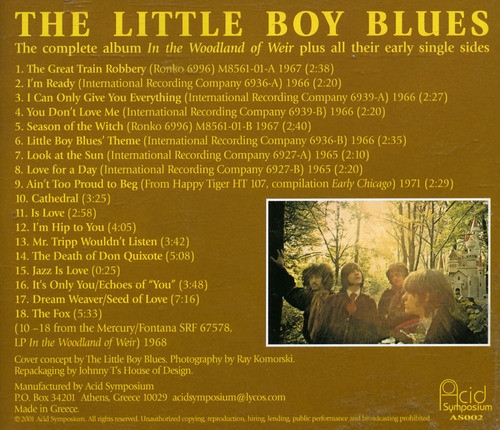
Tracklist:
The Early Singles (1965 - 1971)
1 The Great Train Robbery
2 I'm Ready
3 I Can Only Give You Everything
4 You Don't Love Me
5 Season Of The Witch
6 Little Boy Blues' Theme
7 Look At The Sun
8 Love For A Day
9 Ain't Too Proud To Beg
In The Woodland Of Weir (LP, 1968)
10 Cathedral
11 Is Love
12 I'm Hip To You
13 Mr. Tripp Wouldn't Listen
14 The Death Of Don Quixote
15 Jazz Is Love
16 It's Only You/Echoes Of "You"
17 Dream Weaver/Seed Of Love
18 The Fox
Marc Coplon - Vocals
Ray Lewin - Piano, Organ, Bass, Flute
Peter Pollack – Guitar
Bill Mooney - Drums
Other members
Paul Ostroff - Guitar
James Boyce - Drums
Frank Biner - Guitar and Vocals
Paul Serrano,George Bean,Joe Burnett - Trumpets
Cy Touf - Bass Trumpet
Len Druss - Baritone Sax
Garage punk combo the Little Boy Blues were formed in 1964 by singer/guitarist Lowell Shyette, lead guitarist Paul Ostroff, bassist Ray Levin, and drummer James Boyce, all of them students at the University of Illinois at Chicago. After honing a repertoire consisting primarily of Chicago blues classics and early rock & roll hits, the group was approached by the local IRC label to make a record, albeit on the condition they abandon their bluesy sound in favor of a more commercial, British Invasion-inspired approach. The Little Boy Blues agreed and in 1965 issued the Shyette-penned "Love for a Day," a major hit on Chicago radio that earned the band opening gigs for acts including the Rolling Stones, the Lovin' Spoonful, and the Association. Second vocalist Billy McColl was typically recruited for live dates, also appearing on their sophomore single, "I'm Ready" -- a cover of the Willie Dixon tune recorded in the Little Boy Blues' increasingly aggressive and noisy style, it was another local hit.
Their fuzz-punk approach reached its apotheosis on the follow-up, a blistering reading of the garage staple "I Can Only Give You Everything" -- already a Chicagoland favorite thanks to their weekly appearances at the popular nightspot the Like Young, the single appeared ready to launch the Little Boy Blues to national fame after they appeared on the Dick Clark television series Where the Action Is, but in September 1966 Shyette was drafted into Army duty, crippling the band's momentum. Singer Frank Biner was tapped as Shyette's replacement, and after leaving IRC for the Ronko label, the Little Boy Blues issued their fourth single, the 1967 acid punk classic "The Great Train Robbery" -- as the year wore on the group moved further into psychedelia, playing at local "be-ins" and headlining at Chicago counterculture clubs like the Cheetah and the Electric Playground.
The change in musical direction did not please McColl or Ostroff, both of whom left the band -- guitarist Peter Pollack was eventually hired on around the time the Little Boy Blues signed to record an LP for major label Mercury, but midway through recording both Biner and Boyce quit over creative differences. Singer Marc Coplon and drummer Bill Mooney were hastily recruited to complete the album, a disappointing patchwork effort released in 1968 under the title In the Woodland of Weir. The Little Boy Blues continued for about a year before disbanding.
Their fuzz-punk approach reached its apotheosis on the follow-up, a blistering reading of the garage staple "I Can Only Give You Everything" -- already a Chicagoland favorite thanks to their weekly appearances at the popular nightspot the Like Young, the single appeared ready to launch the Little Boy Blues to national fame after they appeared on the Dick Clark television series Where the Action Is, but in September 1966 Shyette was drafted into Army duty, crippling the band's momentum. Singer Frank Biner was tapped as Shyette's replacement, and after leaving IRC for the Ronko label, the Little Boy Blues issued their fourth single, the 1967 acid punk classic "The Great Train Robbery" -- as the year wore on the group moved further into psychedelia, playing at local "be-ins" and headlining at Chicago counterculture clubs like the Cheetah and the Electric Playground.
The change in musical direction did not please McColl or Ostroff, both of whom left the band -- guitarist Peter Pollack was eventually hired on around the time the Little Boy Blues signed to record an LP for major label Mercury, but midway through recording both Biner and Boyce quit over creative differences. Singer Marc Coplon and drummer Bill Mooney were hastily recruited to complete the album, a disappointing patchwork effort released in 1968 under the title In the Woodland of Weir. The Little Boy Blues continued for about a year before disbanding.
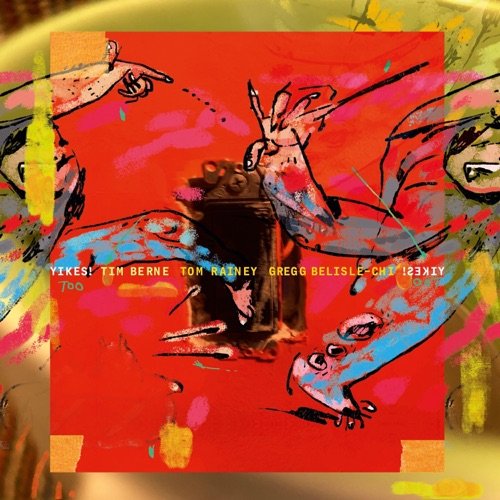
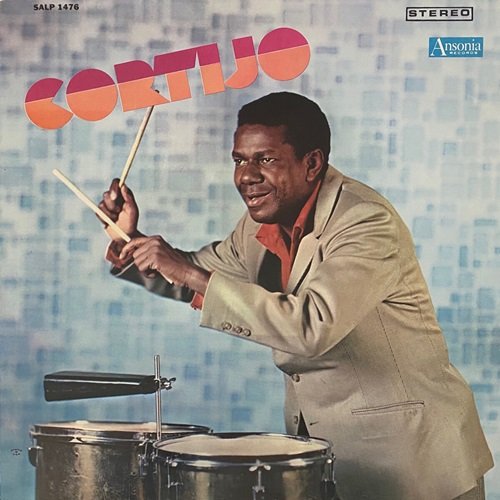


![Ying-Da Chen - Animal Triste (2026) [Hi-Res] Ying-Da Chen - Animal Triste (2026) [Hi-Res]](https://www.dibpic.com/uploads/posts/2026-03/1772673724_eioi3gteovgg7_600.jpg)
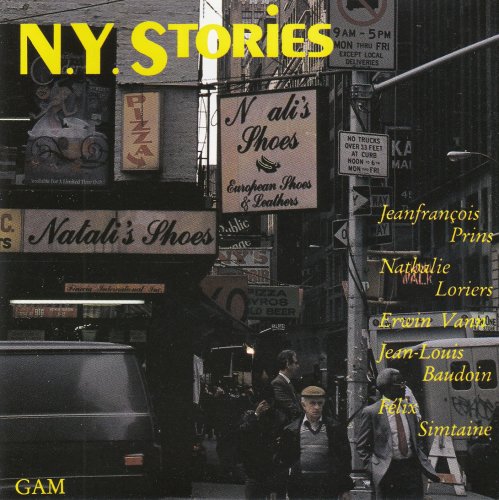
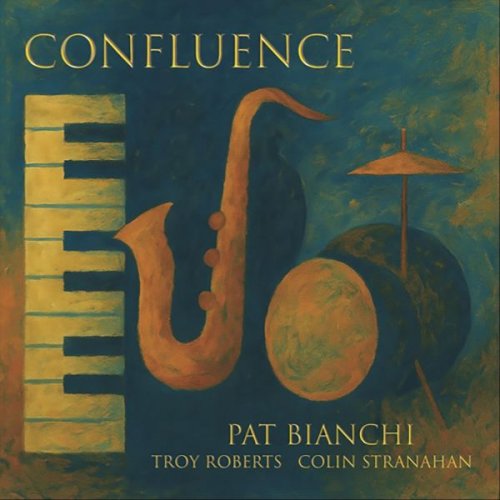
![TO DIE ON ICE - PANORAMICA DEGLI ABISSI (2026) [Hi-Res] TO DIE ON ICE - PANORAMICA DEGLI ABISSI (2026) [Hi-Res]](https://img.israbox.com/img/2026-03/04/i035cvi4fbzbe1ld0i5vri7gk.jpg)
